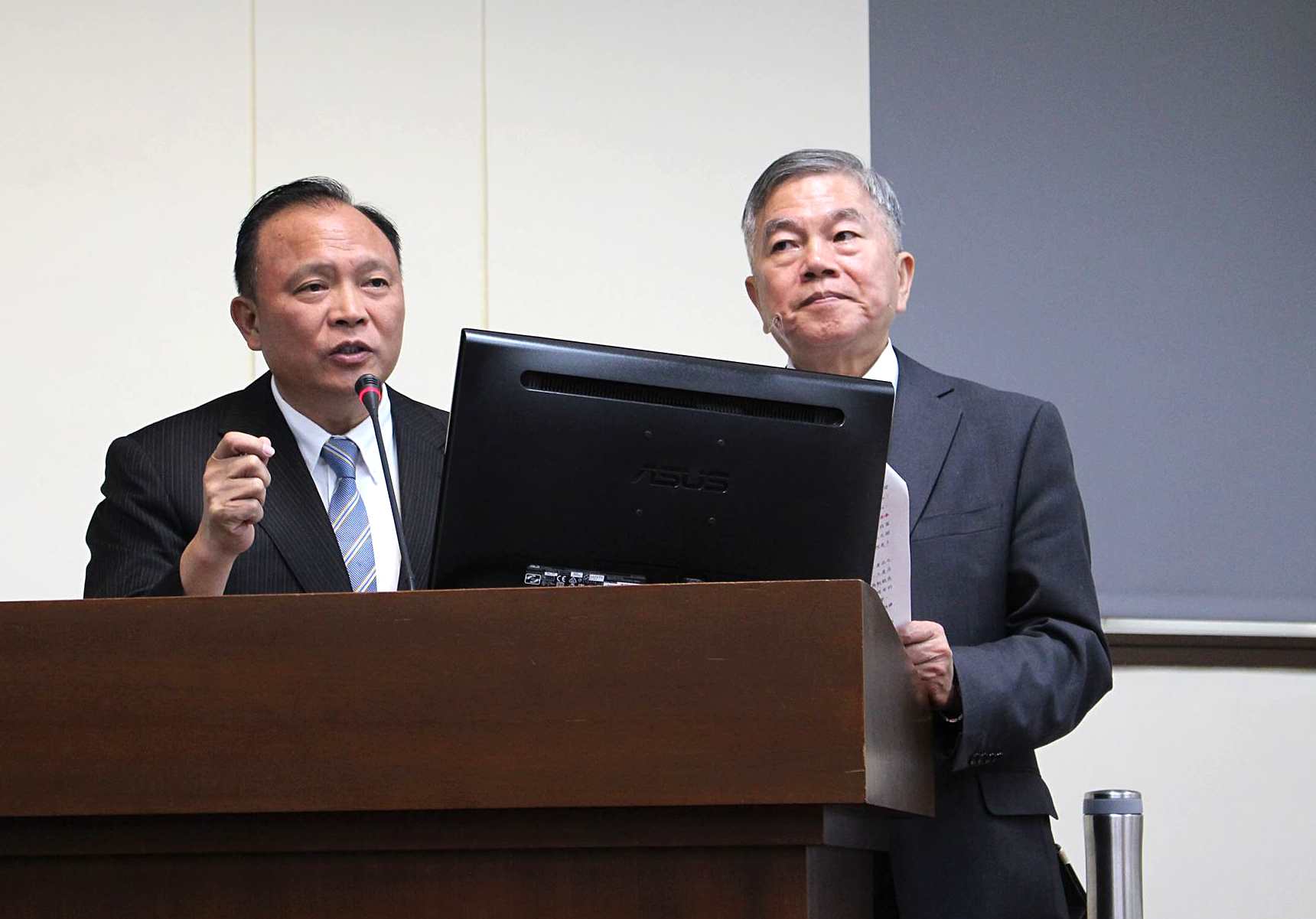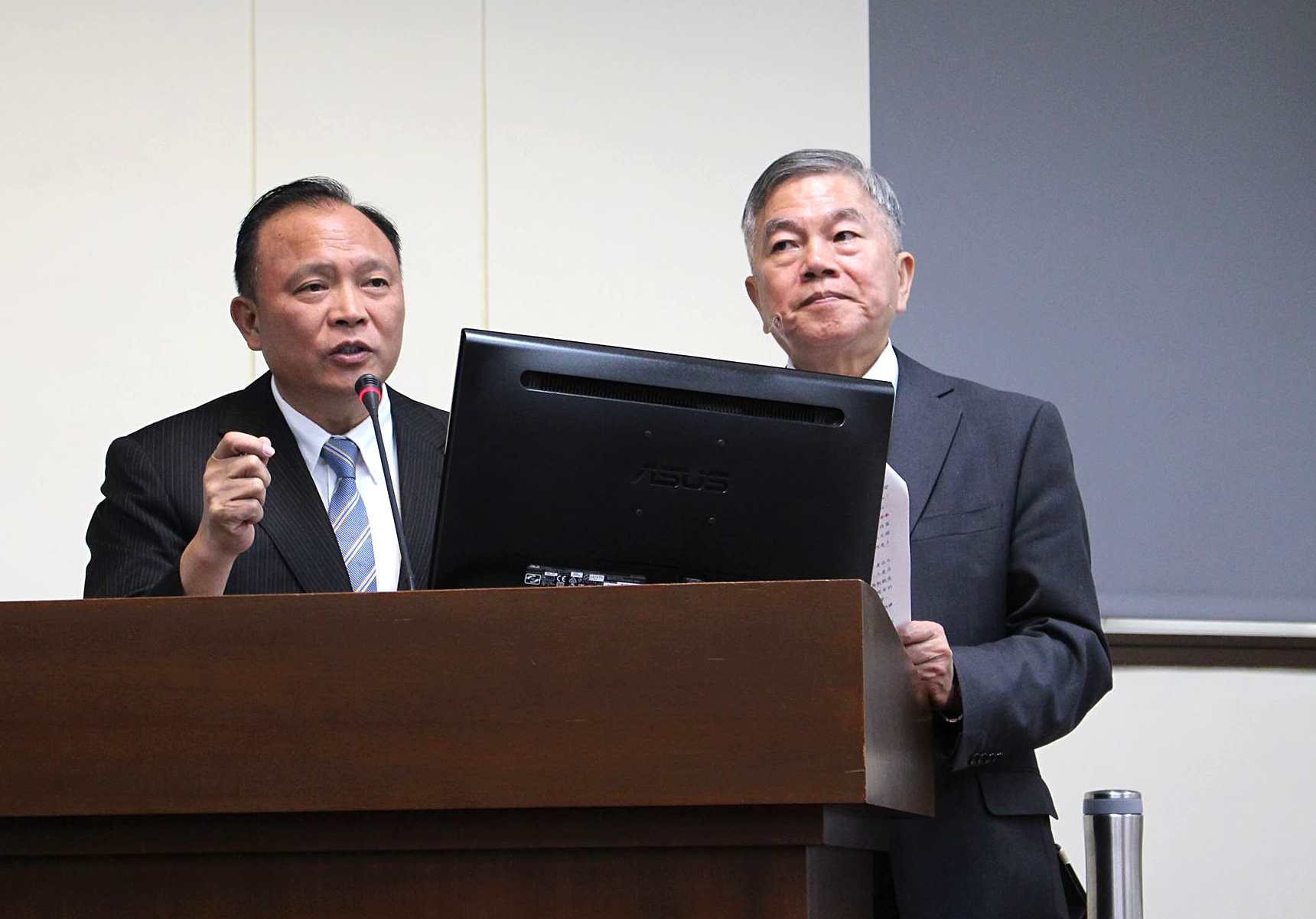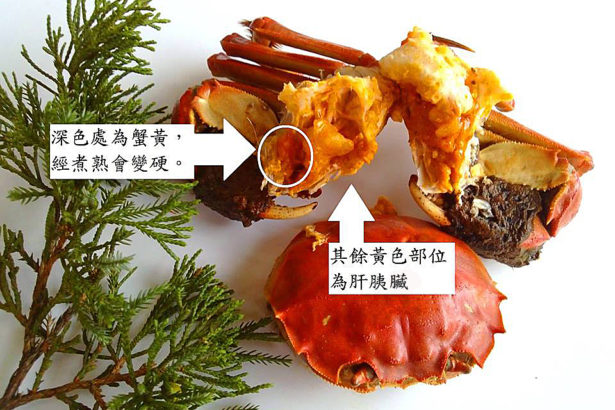Whether Taiwan will have an impact on the development of modern agricultural industry if it becomes a highly developed country and participates in negotiations in WTO.
At the fourth Trade Policy Review Conference held in WTO in September this year, Wang Meihua, Vice Minister of Economic Affairs, declared: "in the future round of WTO negotiations, China will no longer require special and differential treatment for developing countries." The news returned to China has aroused concern from all walks of life, especially worried about the impact on agriculture, which may abolish the existing industrial subsidy policy, tariff restrictions, and so on.
In this regard, at the question session of the Legislative Yuan on the 24th, Lin Congxian, chairman of the Council of Agriculture, repeatedly stressed that when Taiwan joined the WTO in 2002, although it joined in the capacity of a "developing country," it was declared when it joined the WTO agreement that it would not enjoy the special and differential treatment accorded to members of developing countries, but that it would follow the conditions of "developed countries." Therefore, the worried industrial subsidy policies, such as the insured purchase of rice or the restrictions on tariff quotas, will not be changed.
Chen Jizhong, vice chairman of the Council of Agriculture, said that after being positioned as a developed country, the only possible impact is that the WTO will be re-regulated in the future, and countries must make new commitments, "but it is unlikely." After all, with 164 member States, it is difficult to change and reach an agreement. But will the future negotiations on Taiwan's entry into the international economic and trade organization be affected? Chen said that during the negotiations, each still takes what he needs and has different promises. Now that he is positioned as a developed country, he will actually be able to make Taiwan's agriculture bigger.


Lin Congxian, Chairman of the Council of Agriculture, and Shen Rongjin, Minister of Economic Affairs, answered questions (Photography / Liu Yixin)
Ministry of Economic Affairs: show determination to liberalize trade and create an atmosphere for China's entry into CPTPP
Chen Meiling, chairman of the National Development Commission, pointed out that in recent years, the United States and the European Union have been reviewing and reforming WTO's self-recognition of developing countries, and the European Union has even advocated that there should be a graduation mechanism for developing countries. The two major economies of the United States and Europe, in particular, maintain a highly skeptical attitude towards China, South Korea, Singapore and other countries that still advocate that they are developing countries and enjoy special and differential treatment. Taiwan now promises that the future round of negotiations will no longer require special and differential treatment from developing countries, which will have no impact on the tariff treatment that has been agreed upon.
Shen Rongjin, minister of economic affairs, said that in order to join the WTO, he had been excluded from the ranks of developing countries and joined in accordance with the conditions of developed countries. The declaration, which will not affect existing rights at WTO, "is intended to demonstrate Taiwan's determination to liberalize trade and create an atmosphere for accession to the Trans-Pacific Partnership Comprehensive Progress Agreement (TPP)." Before the announcement, an inter-department will make an overall assessment and reach a consensus.
* Little knowledge: from TPP to CPTPP ─, the former Trans-Pacific Partnership Agreement (Trans-Pacific Partnership, TPP), the negotiating members include the United States, Japan, Canada and other 12 countries. However, US President Donald Trump announced his withdrawal from the TPP, so it was led by Japan and renamed the Trans-Pacific Partnership Comprehensive Progress Agreement (Comprehensive and Progressive Agreement for Trans-Pacific Partnership,CPTPP), roughly maintaining the content signed by the original TPP. The 11 members of the CPTPP completed the signing of the agreement in Chile in March this year, and the domestic review process will be carried out by the member States, and Taiwan is actively expressing its willingness to join.
Lin Congxian: when we joined the WTO, we already compared with the standards of "developed countries". Now there will be no impact.
Lin Congxian further explained that before joining the WTO, the average nominal tariff on imported agricultural products was 20.02%. After joining the WTO in 2002, it has been gradually reduced to 12.86%, a drop of 35.76%, which is close to the tax reduction required by members of developed countries by 36%, which is higher than that of members in developing countries by 24%.
In addition, the reduction in total domestic agricultural support is also similar to that of developed country members, from 17.7 billion yuan in 1990-1992 to 14.165 billion yuan, a reduction of 20%, which is higher than 13.3% stipulated by members of developing countries. The proportion of micro-subsidies is also set at 5% with reference to developed country members, and promises not to implement export subsidies for agricultural products. In order to reduce the impact of China's accession to the WTO on agriculture, Taiwan has also implemented tariff quotas and special defense measures against a number of sensitive products such as rice and red beans.
Chen Jizhong: the tariff reduction period and the commitment of tariff quotas will not change.
Chen Jizhong, vice chairman of the Council of Agriculture, explained that after joining the WTO, making a commitment to trade measures, the import part, the promised tariff reduction period and tariff quotas will not be changed just because it has become a developed country, and it is now being implemented in accordance with the promise. Commitments such as existing tariffs, quotas and tariff quota items such as red beans, peanuts and garlic will not be changed.
In addition, Taiwan has also promised that the reduction in domestic agricultural support measures is close to that of developed countries, by as much as 20%, such as the purchase of insured rice, which will not be changed just because it is positioned as a developed country. At that time, I joined the Association because of the above commitments, and the implementation of relevant policies in accordance with the commitments will not change their commitments just because they have now become developed countries.
Will there be any impact in the future? Committee of Agriculture: prepare for "Green payment to the Land"
However, even if there is no impact at this stage, is it possible to have an agricultural impact on the negotiations to join international organizations in the future? Legislator Chuang Rui-hsiung pointed out that if it is declared to be a developed country, it will be more open to the international trade negotiations in the future, and joining the CPTPP negotiations in the future will inevitably require higher trade liberalization. How to guide the impact on agriculture?. For example, Pingtung is the main producing area of sensitive crops such as bananas and red beans. How should farmers respond to this impact in the future?. Does the Government have an assistance mechanism?
Lin Congxian responded that the green payment for land in the new agricultural policy is to prepare for the future. in the past, the purchase and subsidy of insurance prices has been transferred to the role of industrial guidance, with stacked awards to make agricultural products more competitive. The special defense mechanism is also a defense measure to increase tariffs during the production period of sensitive crops such as red beans and onions. He stressed that this part of the policy will not be abolished, and the new agricultural policy will continue to adjust the agricultural constitution.
Lin Congxian said that regardless of joining the WTO economic and trade negotiations at the beginning or striving to join the CPTPP in the future, negotiations are conducted on the same basis, including tariffs and whether or not there are domestic industrial subsidies. He made a promise when he joined the WTO, but at the same time he also strived for an appropriate amount of subsidies, such as the insured purchase of rice, subsidies for fishery oil, and so on. For special agricultural products, all countries will strive for special measures. Even in developed countries in Japan, the tariff on the import of edamame beans is still 6%, which should be zero, and so on.
Committee of Agriculture: actively promote the adjustment and upgrading of industrial structure
Lin pointed out that since China's accession to the WTO, in order to reduce the impact on domestic agriculture, in addition to setting up various measures and policies, it has also set up a fund for import damage to cooperate with the regulation and control of the policy. at present, there is a fund of 108 billion yuan. He stressed that insured acquisitions, special payments and payment projects will continue and remain unchanged.
Chen Jizhong responded that the only possible impact after being positioned as a developed country is that WTO will be re-regulated and have new commitments in the future, "but it is unlikely." After all, with 160 member states, it is difficult to change and reach an agreement. But will the future negotiations on Taiwan's entry into the international economic and trade organization be affected? Chen said: during the negotiations, each still takes what he needs and has different commitments, and Japan's accession to the CPTPP also promises which products have tariffs and quotas, and which can be adjusted to zero tariffs, and this is to discuss with each country. Now that we are positioned as a developed country, we can actually make agriculture bigger.
In conclusion, Lin pointed out that enjoying the most-favored-nation tariff provided by member States after China's accession to the WTO is conducive to the export of agricultural products. In order to further join CPTPP and other high-standard regional trade agreements, the Council of Agriculture has also actively promoted industrial restructuring and upgrading, including policies such as land green environment payments, biogas power generation, eradication of foot-and-mouth disease, reducing the incidence of avian influenza, agricultural insurance, and so on, so as to strengthen the domestic agricultural physique and enhance the international competitiveness of agricultural products.
Share67
+ 1
Tweet
Shares 67
- Prev

Evil! 15 metric tons of dioxin hairy crabs imported from China, illegal listing, people afraid to eat
Evil! 15 metric tons of dioxin hairy crabs imported from China, illegal listing, people afraid to eat
- Next

Welcome to Beitou during the 2018 Taipei Hot Spring season from November 1 to 5!
Every autumn, the most anticipated event in Beitou, the ─ "2018 Taipei Hot Springs season," has entered its 17th year and has become one of the biggest annual celebrations in Taipei and Beitou. In order to make people better understand the charm and characteristics of hot spring culture.
Related
- A course of planting techniques and methods on how to grow carrots
- How to plant the latest tulips?
- Is it better to pick tea in the morning or in the afternoon? When is the best time for tea to be picked? what is the third or fifth tea?
- Launch Yuanxiao Happy combination Haocha + Tea Yuan healthy Taste
- Penghu Tourism "Fireworks 20 Parade with You"
- 2022 West Lake Happiness holds "Digital Revitalization Voucher" and draws iphone13 and laptop.
- Banqiao Fuzhou social houses are designed to change start-up combined with police elimination to create a safe and livable environment
- The convenient measure of "mechanical weeding" in Xinbei has been abused and the Agriculture Bureau has imposed heavy penalties on the illegal land consolidation.
- Changgeng University Joins Hands with Four Memory Factories to Rescue Memory Talent Shortage
- The list of Taiwan's top 100 MVP managers is listed by the Director-General of the Farmers' Association of Sanxia District.

